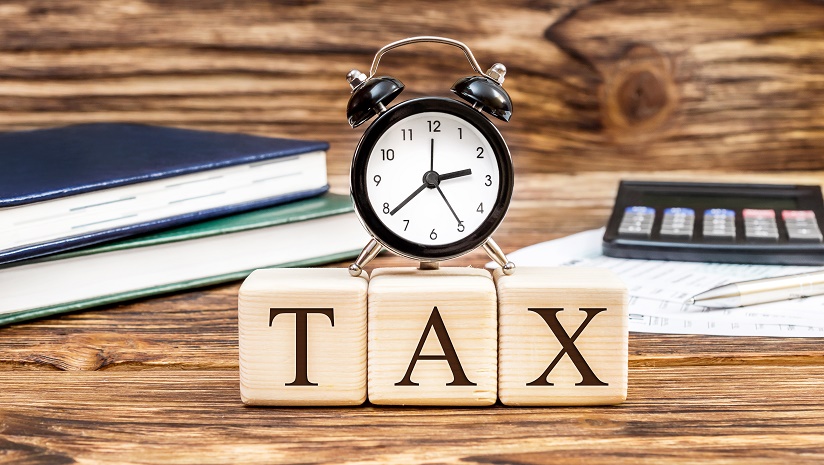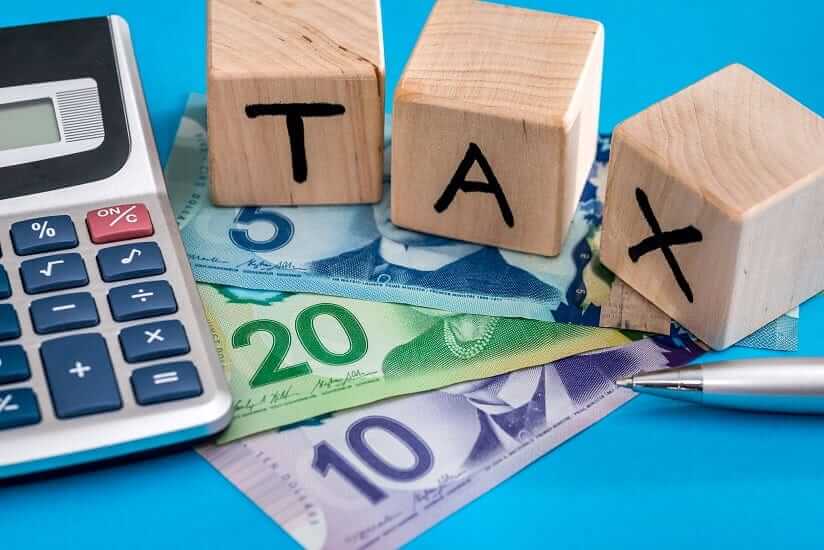Why leave all your money with the Canadian tax man when it could go straight into your pocket?
If you have worked in Canada in the past five years, you can claim a tax refund for the years you have worked.
Therefore, it’s worth your time to find out if you have overpaid tax at any time during your stay in Canada.
However, there is a deadline, so make sure you file your tax return before that to avoid any late filing penalties!
In this guide, we will share the Canada tax year dates to help you ensure you file your taxes before the deadline!
Canadian Tax Year – Key Dates
First of all, let’s get to know the key dates, like, when does the tax year start and end in Canada.
This calendar should help familiarize you with the Canadian tax year dates and deadlines:
02 January 2023
First day of the new tax year.
23 January 2023
EFILE service is closed for maintenance.
24 February 2023
E-filing open for residents and immigrants in Canada for the 2021 tax year.
28 February 2023
Last day to issue your T4s, T4As and T5s to employers and CRA (Canada Revenue Agency).
02 March 2023
Deadline for contributing to a RRSP for the 2022 tax year.
15 March 2023, 15 June 2023, 15 September 2023, 15 December 2023
Instalment payments due dates for 2023.
21 April 2023
Deadline to set up pre-authorized debit payments for 2020 to avoid interest charges.
1 May 2023 (extended because 30 April falls on a Sunday)
Tax filing due date for 2022 tax returns for individuals and pay any balance due to the Canada Revenue Agency.
15 June 2023
Tax filing due date for 2022 tax returns in Canada for self-employed and if there is a balance owing for 2022, still must be paid before 30 April 2023.
29 December 2023 (Because 31 December falls on a Sunday)
Last day of the tax year.

Are you tax savvy?
Now you know your deadlines, it’s time to see how much tax you can claim back from your working holiday in Canada.
Each year, thousands of working holidaymakers overpay tax in Canada and they are entitled to a tax refund when they file their tax return.
With each payslip you receive from your employer, they deduct taxes from your income.
After the end of every tax year, you should file a tax return before the Canada tax deadline.
This enables you to check if the correct amount of tax has been deducted over the year.
If your income is under the tax-free threshold, it is possible to get a refund of all of the tax that you paid.
Where you have underpaid tax, which means that less tax has been deducted on your payslips, than there should have been during the year, you are legally obligated to file a tax return and to pay any balance that is owed.
Please, note that, being eligible for a tax refund or not depends on three main factors:
- Overpayment of income tax
- Overpayment of Canadian Pension Plan (CPP)
- Overpayment of Employer Insurance (EI)
What documents do I need when filing my taxes?
When filing for your tax returns, you should have the following documents:
- Social insurance number
- Income T-slips (eg. T4s, T5s)
- Final payslip with cumulative amounts
- Receipts for tax deductions eg. medical expenses, charity donations
How early can I fill my taxes?
Generally speaking, filing your Canadian tax return early is a good idea and the average Canadian taxpayer should benefit from it as you will not incur any penalties.
E-filing opens on 24 February for residents and immigrants in Canada for the 2021 tax year, this is the earliest you can start filing from.
Non-residents and emigrants from Canada are excluded from the e-filing option and must submit their income tax returns by mail.
The 2021 Income tax forms are available for print from the CRA’s website from January 2023.
However, even if you complete and mail your return before 24 February the process of all returns will start after this date.
Remember to always make sure you have the correct information and the final versions of all necessary tax documents.

What happens if I miss the Canada tax deadline?
Taxes in Canada are due on 30 April every year (extended to 1 May for 2023, as 30 April falls on a Sunday)
You must file a fully completed tax return with any taxes due for the previous year.
Unfortunately, the Canada Revenue Agency (CRA) will charge you a late-filing penalty if you file your 2021 tax return after 30 April 2021 (extended to 1 May for the 2023 tax year) and you owe tax that remains unpaid at that time.
The late-filing penalty is 5% of your 2021 balance owing, plus 1% of your balance owing for each month your tax return was filed after 1 May, 2023, to a maximum of 12 months.
Note that while the deadline is 1 May, you can file your tax return in February, after the end of the tax year.
How to check if I am due a tax refund?
A quick way to find out whether or not you are due a tax refund is by using Taxback’s online Canada tax calculator.
At Taxback the average Canadian tax refund for working holidaymakers is $998, so it’s definitely worth checking out!
At Taxback, the team of tax experts understand that you don’t want to spend all your time on your taxes, so leave all the heavy lifting and boring paperwork to us!
Taxback can offer you:
- Maximum legal tax refund guaranteed
- No complicated forms
- Simple online process
- 24/7 Live Chat support
Want to claim a tax refund from Canada?
Contact TAXBACK
Updated on: 07.07.2023





